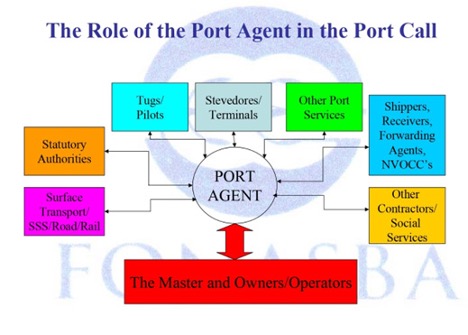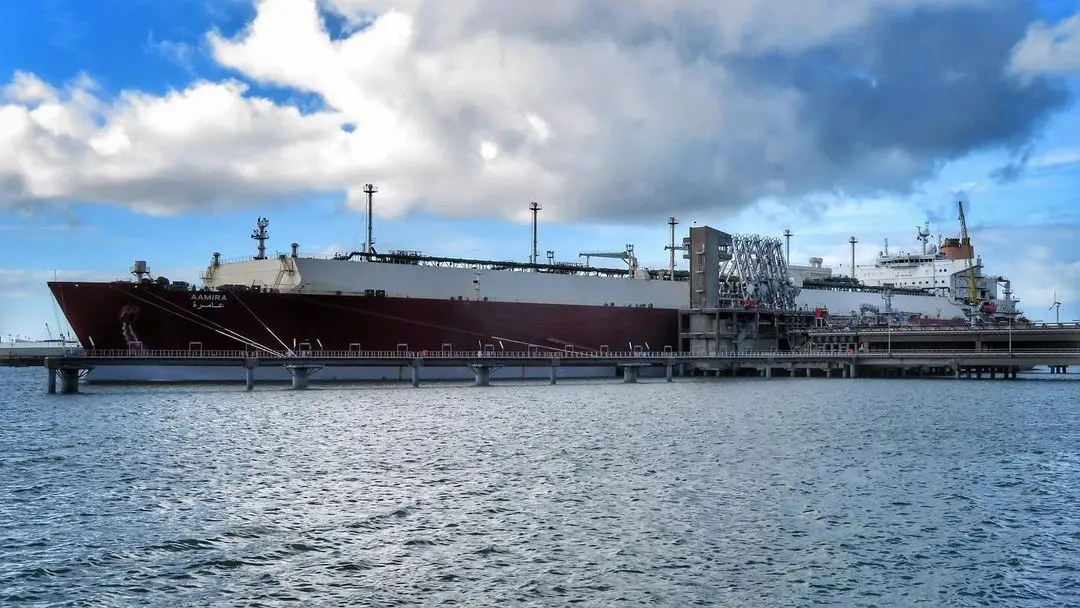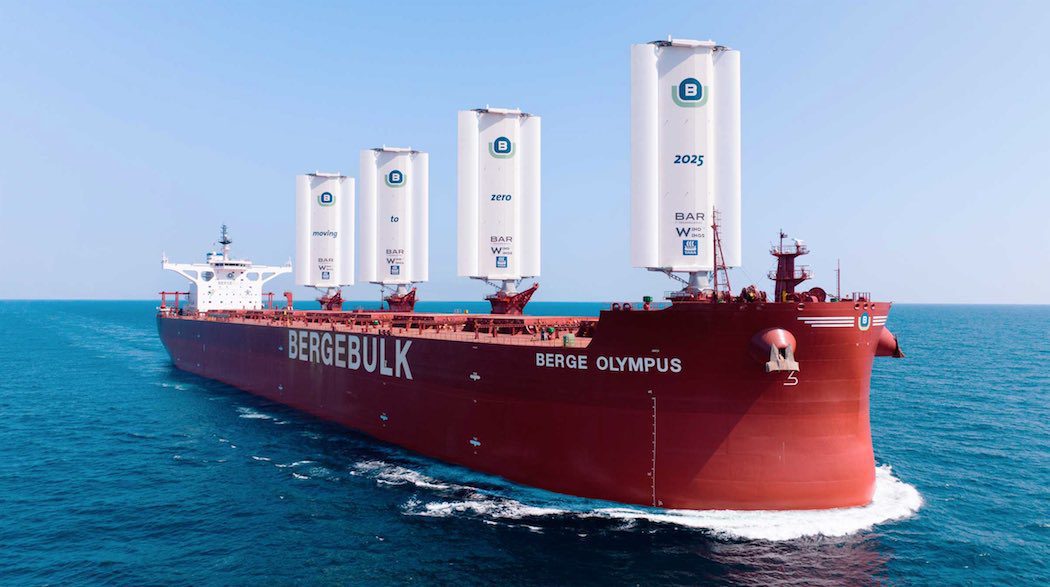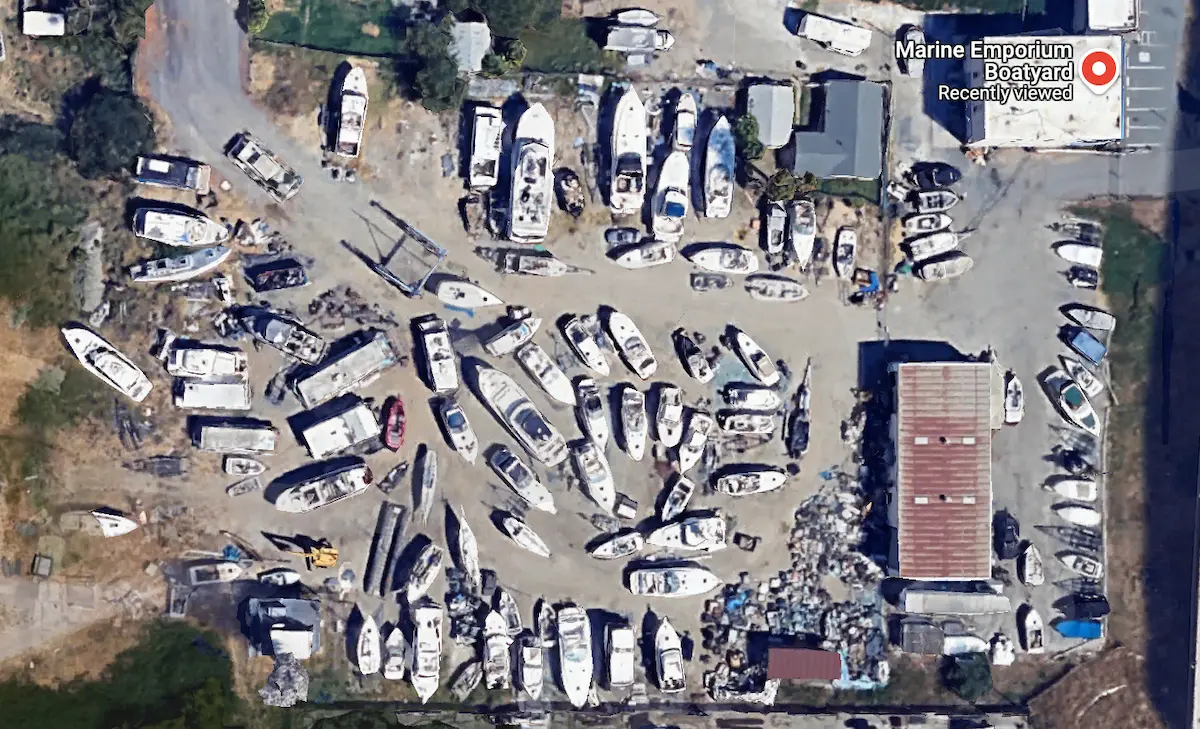Maritime transport, by definition, involves many different arrangements at the various ports of call of a ship. Because of the spatial distances involved, these arrangements would otherwise be impossible to be cleared by the shipowner himself. It, therefore, becomes evident that the role of Agents is at the heart of maritime transport since it is the shipping agent who makes all the required arrangements for the shipowner.
A shipping agent is someone who represents the interests of the ship owner and/or charterer (known as the Principal) while the ship is at any port around the world.
The shipping agent is thus an owner’s trusted representative in a foreign port of call, who looks after the owner’s interests, in the latter’s name, and at his expense. This write-up looks at the role of the shipping agent, their different responsibilities and obligations, and the different categories of ship agents.
Who Is A Shipping Agent?
A shipping agent is any individual or firm that performs the duties of an agent, regardless of whether they operate as ship agents in their own right or as a side business to other endeavors like ship ownership or operation, cargo handling, or anything similar. The shipping agent, or simply the agent is thus, in a sense, the owner’s dependable agent in the harbor and is permitted legally to act on the owner’s behalf regarding his obligations and rights to third parties.
The agent acts as the local representative of the principal, providing the principal with local knowledge and skills while also ensuring that the principal’s requirements are met with the highest possible degree of efficiency and promptness.
The agent, therefore, needs to be familiar with all of the relevant regulations and requirements that pertain to the port, area, or industry in which they operate, have a wide variety of contacts that are pertinent, and be sufficiently well established and organized to be able to provide the required level of service and support the principal requires.
The Different Categories Of Ship Agents And Their Responsibilities.
The shipping industry consists of several activities in different parts of the world in which the shipowner in order to operate effectively, must participate. This requires different categories of representatives. There are therefore several categories of shipping agents such as: “port agents”, “cargo agents”, and “others” as the principals may decide or require.

The Port Agent.
The port agent plays a pivotal role in all trades and is accountable for organizing, supervising, and coordinating all aspects of the port call. This includes everything from making reservations for berth allocations and services in advance of the vessel’s arrival to completing the accounts and other paperwork after the vessel has departed.
The agent acts as the de facto port single window and acts as a conduit for any and all information that is passed back and forth between the vessel and the shore. Some of the tasks that a port agent is called upon to perform are:
- finding a berth for the arriving ship,
- making arrangements for the pilot and tugs as needed,
- preparing required paperwork for customs and harbor services.
- Assisting the master in connecting with the appropriate local officials and the port administrations;
- making required arrangements for ship supply;
- arranging for bunkers if necessary;
- planning for required repairs;
- transmitting directives from and to the owner;
- coordinating the management, supply, and transportation of cargo;
- setting up required communications with the stevedores;
- collection of freight;
- communicating with shippers and receivers; and, in case of damage, making required arrangements with insurance providers, P & I clubs, classification societies, and surveyors as required.
In order to carry out these tasks successfully, efficiently, and effectively, it is essential for the port agent to have a complete understanding of all the safety, commercial, and statutory requirements and regulations that apply to the vessel. This is to ensure the vessel does not get unduly delayed because it failed to meet the requirements.
The port agent will also need to ensure that any actions are taken, and information he provides, are correct and appropriate. This requires his having wide-ranging and effective contacts with the regulators, port operators, and service providers. For carrying out these tasks and services, the port agent receives a fee called the “agency fee”.
The Cargo Agent
The primary areas of operation for a cargo agent are in the liner and break bulk trades. A Cargo agent’s primary responsibility is to canvass for cargo for the line or ship operator and because of this, it is necessary for the agent to maintain consistent communication with the local shippers and to be prepared to supply information on vessel schedules, competitive prices, and conditions of carriage to shippers in his area.
Sometimes Inland transportation, customs clearance, and any number of additional services that are relevant – what is now referred to as door-to-door services could be provided or offered by the agency as a form of inducement. It is possible for the cargo agent to be autonomous and to act on behalf of more than one principal; but, in most instances, the agent is bound to or is frequently a subsidiary of a single particular principal.
Some of the tasks and responsibilities of a cargo agent are:
- Providing the pertinent details on freight rates and the release of the sailing lists.- sometimes shipping lines offer special rates and other forms of promotions for shippers who frequently use their services. It is the responsibility of the cargo agent to make such information known.
- Check sailing lists and notices for cargo.
- Cargo reservations and the signing of contracts.
- To create, start, and provide the necessary documentation (booking lists, shipping permits, delivery orders). – sometimes specialized documentation might be needed for some destination ports. These are usually communicated by the principal to their agents who inform prospective shippers accordingly.
- Speak with the shippers or forwarders on the shipments of the deliveries.
- Complete the essential paperwork for the delivery and receipt of the goods.
- Resolve freight disputes
Owners/Charterers Agents.
It is possible to put ship agents in a situation where it is unclear whom they are working for. The agent/principal connection is simple to recognize in the traditional situation when each party has its own agent or where there is an agency agreement. What transpires, then, if there is only one agent working on behalf of two principals?
Agents, whether they be port agents or cargo, can find themselves in a situation where it is difficult to determine who their actual principle is. This situation usually occurs when the same entity is nominated by both the shipowner and the charterer to represent them.
The Charterer Nominates And The Owner Pays.
There are provisions in some voyage charters that allow the charterer to choose the port agent, who is then employed by the owner. In this scenario, the agent may pay the charterer a fee or commission for this act of patronage. Because some charterers are known to profit significantly from the “commission” they receive from the agent, they are often in favor of this arrangement.
It is claimed that the custom of charterers using port agents dates back to the 1960s when large oil firms began spot chartering tonnage in place of their earlier habit of only employing their own tonnage to carry their own cargoes. Even though the ships were hired, the oil firms insisted that their in-house port agents, who were knowledgeable about their industry, continue to work.
The reasons were clear: the oil company’s regular port agent would be able to guarantee efficient loading and unloading procedures. Major oil firms have largely abandoned ship ownership, but the tradition of appointing the owner’s port agent has persisted and, over time, spread to the dry trades.
Dual Agency
If both principals agree, an agent may represent more than one of them. In shipping, the owner and the charterer are partners in a business partnership with the goal of making money for both of them, rather than two antagonistic parties. However, the dual agent will find themselves in a very awkward situation if a disagreement develops between these two partners.
A court will obviously not be sympathetic to an agent who has allowed himself to be put into a position where he has a clear conflict of interest, particularly when the conflict has not been previously disclosed to the two principals concerned.
Charterers’ Agents And Owners’ Protective Agents.
In time charter parties, the port agent is chosen by the charterer, while the owner is free to choose a separate protective agent to represent his interests. The selected agent is consequently seen as being the ship’s agent generally speaking and is therefore also the owner’s agent because it appears that few owners want to incur this expense.
A conflict of interest may result from these two distinct responsibilities. What if the charterer hasn’t made timely payments for the services of tugs and pilots, putting the owner of the ship in danger of having his ship impounded? Would the agent provide this information in order to uphold his obligation to inform the owner of material information?
Authority of Agents and Agency Fees.
The principal will usually outline the services required from the agent and the limits of the authority delegated to him at the beginning of the appointment. Within the limits of that authority, the agent will be entitled to enter into agreements, make contracts, disburse funds and make other arrangements that may bind the principal or incur costs on their behalf.
Provided the agent does not exceed the delegated authority the principal will be liable for any costs resulting from any contract or arrangements entered into by the agent on the principal’s behalf. To avail himself of this protection the agent will have to describe himself “as agents only” in matters he represents the principal.
The fee for the agent which is usually negotiated will mostly be based on the volume of work the agent performs. The fee might either be a flat fee or based on the volume of work the agent does with the flat fee usually being common in port agencies whilst the component-based fee is more normal for cargo agencies.
Conclusion.
Agents are a vital component of shipowners’ ability to trade worldwide. By having reliable agents all over the world the shipowner can operate and enhance his reach widely in Global trade.
- Types of Gas Carriers as per IGC Code – April 22, 2025
- Wind-Assisted Propulsion Systems (WAPS): A Game Changer for Maritime Decarbonization – February 6, 2025
- 10 Boat Salvage Yards in California – January 25, 2025





